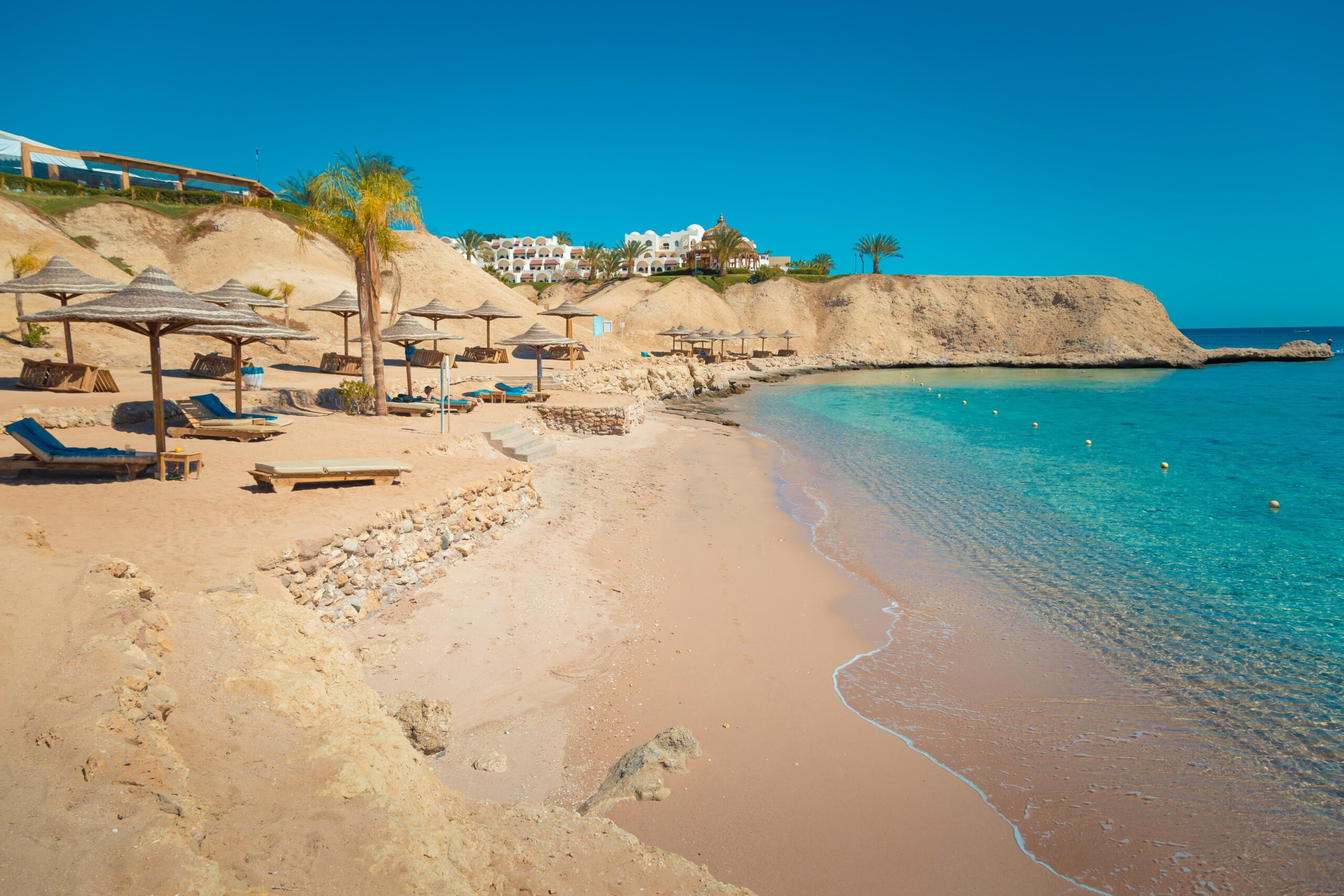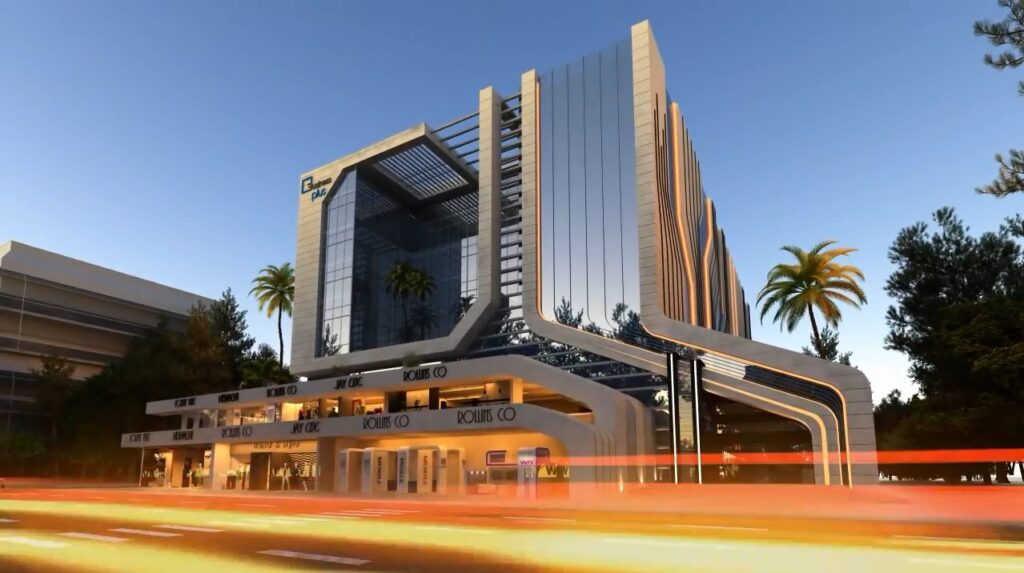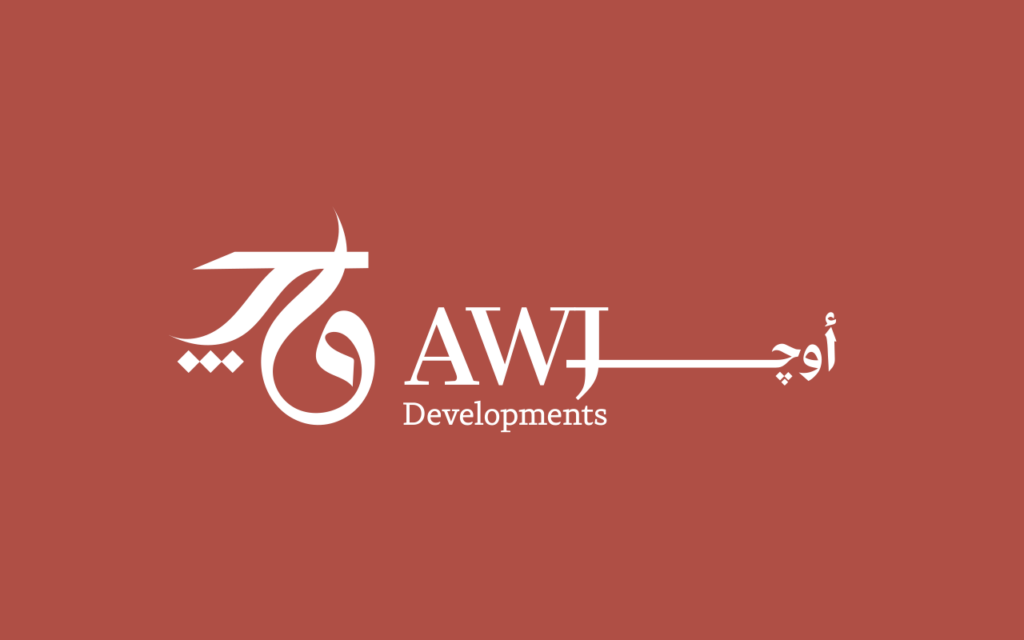Egypt has been working towards sustainable development for many years, focusing on improving the country’s economic, social, and environmental conditions. The government has implemented various policies and initiatives to achieve this goal, including introducing Egypt’s Vision 2030, which intends to transform the country into a knowledge-based economy and a regional hub for trade and investment.
One of the key players in Egypt’s development efforts is Egy Development Egypt, a leading real estate developer in the country. The company has been actively involved in various sustainable development projects, including developing new communities and renovating existing ones. Egy Development Egypt’s projects aim to meet the needs of different sections of society, from affordable housing for low-income families to luxury properties for high-net-worth individuals.
Overall, Egypt’s sustainable development efforts have shown promising results, with improvements in various areas such as education, healthcare, and infrastructure. With the continued support of organizations like Egy Development Egypt, the country is well on its way to achieving its development goals and becoming a more prosperous and sustainable nation.
Overview of Egypt’s Development Landscape
Economic Indicators
Egypt’s economy has undergone significant changes in recent years, particularly in response to the foreign currency crisis in 2022. The Central Bank of Egypt (CBE) allowed the Egyptian pound to depreciate vis-à-vis the dollar to address distortions in the foreign exchange market. This move was accompanied by a series of monetary and exchange rate adjustments, including removing fuel subsidies and introducing a value-added tax (VAT). These standards have helped to stabilize the economy, with GDP growth expected to reach 5.8% in 2024.
Inflation remains a challenge, however, with the annual rate averaging around 7.5% in recent years. Efforts to control inflation have included:
- Tighter monetary policy.
- Increased government spending on social programs.
- The promotion of private sector investment.
The government has also been working to improve the business environment, introducing new investment laws and establishing a one-stop shop for business registration.
Population Dynamics
Egypt’s population has increased in recent decades, with an estimated 105 million people in 2024. This growth has pressured the country’s infrastructure and resources, particularly in urban areas. The government has responded with some initiatives to improve living conditions, including developing new housing projects and expanding public transportation networks.
The Nile River remains a crucial resource for Egypt, providing water for irrigation, hydropower generation, and other uses. The government has been working to manage the river more effectively, including constructing new dams and other infrastructure. At the same time, efforts are being made to promote sustainable development, focusing on minimizing greenhouse gas emissions and increasing the use of renewable energy sources.
The COVID-19 pandemic has had a major impact on Egypt’s development landscape. The government has implemented a range of measures to mitigate the crisis’s effects, including increased spending on healthcare and social programs and standards to help businesses and workers affected by the pandemic.
In conclusion, various challenges and opportunities characterize Egypt’s development landscape. While the country has made significant progress in recent years, much work remains to promote sustainable and inclusive growth.
Sustainable Development Initiatives
National Strategies and Policies
Egypt has made significant strides in promoting sustainable development through the development of national strategies and policies. In 2016, the country launched its first version of the National Strategy for Sustainable Development: Egypt Vision 2030. This comprehensive strategy aims to outline a roadmap that achieves sustainable development and meets the aspirations of the Egyptian people for a dignified and decent life.
The strategy considers national priorities and aspirations to draw a roadmap that maximizes the benefits of the country’s potential and capabilities. It provides a clear vision of how Egypt can achieve sustainable development by focusing on several key areas, including economic growth, social justice, and environmental protection.
The government has also implemented several development policies to promote sustainable development and reduce emissions. For instance, the government launched the Egypt Sustainable Energy Initiative, which aims to raise the share of renewable energy in the country’s energy mix to 20% by 2022.
UNDP and World Bank Contributions
The United Nations Development Programme (UNDP) and the World Bank support Egypt’s sustainable development efforts. The UNDP has actively promoted sustainable development in Egypt through various initiatives, including the Egypt Human Development Report and the Gender Equality Seal.
The World Bank has supported Egypt’s sustainable development efforts through various development policy financing (DPF) programs. In June 2024, the World Bank announced a US$700 million DPF for the Government of Egypt to support the country’s shift toward more private sector participation, better macroeconomic and fiscal resilience, and a greener growth trajectory. The “Generating Resilience, Opportunities, And Welfare for a Thriving Egypt” DPF intends to help Egypt achieve more sustainable, inclusive, and private sector-led growth.
In conclusion, Egypt has made significant progress in promoting sustainable development through developing national strategies and policies, government action programs, and support from international organizations such as the UNDP and the World Bank. The country’s efforts aim to promote economic growth, social justice, environmental protection, and political empowerment while also supporting the accomplishment of the Sustainable Development Goals.
Economic Reforms and Fiscal Policies
Stabilization and Structural Reforms
Egypt has undergone significant stabilization and structural reforms to address macroeconomic challenges in recent years. The country has implemented measures to stabilize the Egyptian pound and control inflation. These measures include liberalizing the exchange rate, reducing subsidies, and improving the business environment through administrative reform.
The World Bank predicts that Egypt’s medium-term macroeconomic outlook will improve as the country continues to pursue stabilization and structural reforms. Despite the challenges, economic activity is expected to recover in FY25-FY26, supported by investments and a rebound in exports.
Expanding Fiscal Space
Egypt has also implemented measures to expand fiscal space and improve social protection. The government has increased spending on cash transfers and social protection programs to support vulnerable groups. The World Bank has praised Egypt’s efforts in this area, stating that the country has made significant progress in expanding fiscal space and improving social protection.
Egypt has implemented policies to increase tax revenues and reduce the budget deficit to expand fiscal space further. The government has implemented measures to improve tax collection and administration, including introducing a new tax law in 2021. Egypt has also taken steps to reduce the budget deficit, including implementing a medium-term fiscal consolidation plan.
Egypt’s economic reforms and fiscal policies have contributed to macroeconomic stability, improved social protection, and expanded budgetary space. While challenges remain, the country’s commitment to reform and progress thus far are encouraging signs for the future.
Social Development and Human Capital
Education and Workforce Training
Egypt has significantly improved its education system and workforce training programs to promote human capital development. The country has implemented several reforms to modernize its education system, including expanding access to education and improving the quality of teaching. As a result, the literacy rate in Egypt has increased to 75%, and the country has made strides in lowering the gender gap in education.
Furthermore, Egypt has prioritized vocational and technical training programs to prepare its workforce for the demands of the modern economy. The government has established several training centers and institutes to provide specialized training in various fields, including engineering, technology, and healthcare. These programs have helped to bridge the skills gap and improve the employability of Egypt’s workforce.
Healthcare Improvements
Egypt has also made significant progress in improving its healthcare system, focusing on increasing access to quality healthcare services for all citizens. The government has implemented several initiatives to expand healthcare coverage, including introducing a universal health insurance program and constructing new healthcare facilities in underserved areas.
In addition, Egypt has invested in research and development in the healthcare sector, including developing new vaccines and treatments for infectious diseases. The country has also implemented several measures to address the COVID-19 pandemic, including ramping up testing and vaccination efforts and implementing strict social distancing measures.
Egypt’s efforts to promote social development and human capital have yielded significant results in recent years. The country has made progress in improving access to education and healthcare and preparing its workforce for the demands of the modern economy. These efforts have helped to promote inclusive growth and reduce poverty and inequality in Egypt.
Environmental Challenges and Solutions
Water Resources and the Nile
Egypt is facing significant challenges in managing its water resources, especially the Nile River. The country relies heavily on the Nile for fresh water, but the river is threatened due to climate change, population growth, and pollution. The construction of the Grand Ethiopian Renaissance Dam (GERD) has also added to the challenges faced by Egypt.
To address these challenges, Egypt has implemented several measures, such as improving irrigation efficiency, increasing the use of treated wastewater for agriculture, and investing in desalination technologies. The country has also been working with other Nile Basin countries to find a mutually beneficial solution to the GERD issue.
Energy and Emission Reduction
Egypt is committed to sustainable development and has put ambitious goals to lower greenhouse gas emissions. To minimize its dependence on fossil fuels, the country has been investing in renewable energy, such as wind and solar. Egypt has also implemented energy efficiency measures in industries, buildings, and transportation.
To achieve its emission reduction targets, Egypt has been working on implementing the Sustainable Development Goals (SDGs), specifically SDG 7 (Affordable and Clean Energy) and SDG 13 (Climate Action). The country has also participated in international efforts to compete climate change, including the Paris Agreement.
Egypt’s efforts to address environmental challenges are wider than those of water resources and energy. The country has been working on sustainable housing units, cities, and desert reclamation projects. These efforts aim to encourage sustainable development and improve the quality of life for Egyptians while preserving the environment.
In conclusion, Egypt faces significant environmental challenges but is taking measures to address them. Egypt’s efforts to manage its water resources, reduce emissions, and promote sustainable development are commendable. With continued efforts and collaboration, Egypt can achieve its environmental goals and help with global efforts to combat climate change.
Urban Development and Housing
Egypt has been experiencing rapid urbanization, with over 43% of the population currently living in 223 cities. This has increased demand for housing and essential urban services, resulting in the growth of informal and unsafe areas. The government has implemented various housing projects and initiatives to address this challenge.
Housing Projects and Initiatives
The government has launched several housing projects and initiatives to provide affordable housing units to low-income citizens. For instance, the Social Housing Fund was established to provide housing units to those who cannot afford to buy or rent a house. The fund has provided over 660,000 housing units, ensuring fair housing provision to all citizens.
In addition, the government has launched the “1 Million Housing Units” project, which aims to provide one million housing units by 2023. The project targets low-income citizens and provides them with affordable housing that meets their needs.
Infrastructure and Transport Systems
To support urban area growth, the government has invested in infrastructure and transport systems. It has launched several initiatives to improve transport systems, including expanding the metro system in Cairo and building new roads and bridges.
Moreover, the government has launched the “New Urban Communities Authority” to develop new cities and urban areas equipped with modern infrastructure and services. The authority has launched several projects, including the “New Administrative Capital” project, which aims to build an environmentally sustainable capital city equipped with modern infrastructure and services.
In conclusion, the government has made significant efforts to address Egypt’s housing and urbanization challenges. The government has provided affordable housing units to low-income citizens through various housing projects and initiatives. Additionally, the government has invested in infrastructure and transport systems to support the growth of urban areas. These efforts are crucial in achieving sustainable development and reducing poverty in Egypt.
Economic Competitiveness and Industry
Egypt’s economic competitiveness and industrial development are significant sustainable growth drivers. The government has implemented policies to improve the business environment, promote digital transformation and innovation, and enhance research and governance. These efforts aim to increase Egypt’s competitiveness in the global market and attract foreign investment.
Improving Business Environment
The Egyptian government has implemented policies to improve the business atmosphere, including streamlining bureaucratic procedures, reducing red tape, and increasing transparency. These efforts have increased foreign investment and improved Egypt’s ranking in the World Bank’s Doing Business report. In addition, the government has launched initiatives to support small and medium-sized enterprises (SMEs) and promote entrepreneurship, which are crucial forces behind economic expansion.
Digital Transformation and Innovation
Digital transformation is critical to Egypt’s economic competitiveness and industrial development. The government has launched steps to promote digital innovation and entrepreneurship, such as establishing technology parks and developing e-government services. These efforts have led to raised adoption of digital technologies by firms and the public sector, improving efficiency and productivity.
Conclusion
Egypt’s economic competitiveness and industrial development are crucial for sustainable development and growth. The government’s efforts to enhance the business environment, promote digital transformation and innovation, and enhance research and governance are essential to achieving these goals. With continued investment and support, Egypt has the potential to become a leading industrializing nation in the MENA region.
Social Inclusion and Protection
Empowering Women and Minorities
Egy Development Egypt is committed to promoting social inclusion and protection, particularly for women and minorities. The organization recognizes that empowering these groups is essential to achieving sustainable development goals and promoting social justice.
To this end, Egy Development Egypt has implemented several initiatives to promote women’s political empowerment and decision-making. These initiatives include training programs that provide women with the skills and knowledge they need to participate in the political process effectively. The organization has also worked to promote women’s rights and combat gender-based violence.
Egy Development Egypt has also implemented programs to empower minorities, including cash transfer programs that provide financial assistance to vulnerable groups. These programs aim to lower poverty and promote social inclusion by supporting those most needy.
Poverty Alleviation Programs
Egy Development Egypt recognizes poverty as a significant barrier to social inclusion and protection. The organization has implemented several programs to alleviate poverty and promote social protection.
One of these programs is a cash transfer program that provides financial assistance to vulnerable families. This program aims to minimize poverty and promote social inclusion by supporting the most needy.
Egy Development Egypt has also implemented programs to encourage sustainable development and reduce poverty in rural areas. These programs include initiatives that provide farmers training and support, helping them increase their productivity and income.
Egy Development Egypt is committed to promoting social inclusion and protection through its various programs and initiatives. Additionally, the organization recognizes that empowering women and minorities and alleviating poverty are essential to achieving sustainable development goals and promoting social justice.
EGYPT MLS
Egypt MLS, under Arab MLS, is a cutting-edge real estate platform for licensed professionals, realtors, and brokers in Egypt. It offers a comprehensive property database for easy searching, comparing, and booking of properties for sale, set to revolutionize the real estate industry in Egypt.
Frequently Asked Questions
Who is the owner of the leading real estate development company in Egypt?
Egypt’s leading real estate development company is Talaat Moustafa Group Holding (TMG Holding). Founded by Talaat Moustafa in 1975, it has since become one of the largest real estate developers in Egypt, focusing on residential and commercial projects.
What are the latest reviews for the major real estate projects in Egypt?
The latest reviews for major real estate projects in Egypt are generally positive, with many projects receiving high ratings for their design, quality, and amenities. Some of the most highly-rated projects include the New Administrative Capital, the Grand Egyptian Museum, and the New Alamein City.
What career opportunities are currently available in the Egyptian real estate sector?
Many career opportunities are currently available in the Egyptian real estate sector. Moreover, these positions include roles in project management, sales and marketing, architecture, engineering, and finance. Many companies offer competitive salaries, benefits packages, and opportunities for professional development and advancement.
How do the top real estate companies in Egypt ensure sustainable development?
Egypt’s top real estate companies ensure sustainable development by carrying out environmentally friendly practices, including using renewable energy sources, minimizing waste and emissions, and promoting green spaces. They also prioritize social responsibility by investing in community development projects and supporting local businesses.
What flagship projects have shaped the skyline of Egypt’s major cities?
Some flagship projects that have shaped the skyline of Egypt’s major cities include the Cairo Festival City, the Nile City Towers, and the Burj Khalifa. These projects have become iconic landmarks and have contributed to the growth and development of Egypt’s urban landscape.
How can investors participate in Egypt’s real estate market growth?
Investors can participate in Egypt’s real estate market growth by investing in real estate development companies, buying properties, or investing in real estate funds. Additionally, they can leverage government incentives and tax breaks to maximize their returns. However, applying thorough research and due diligence is important before making any investment decisions.












